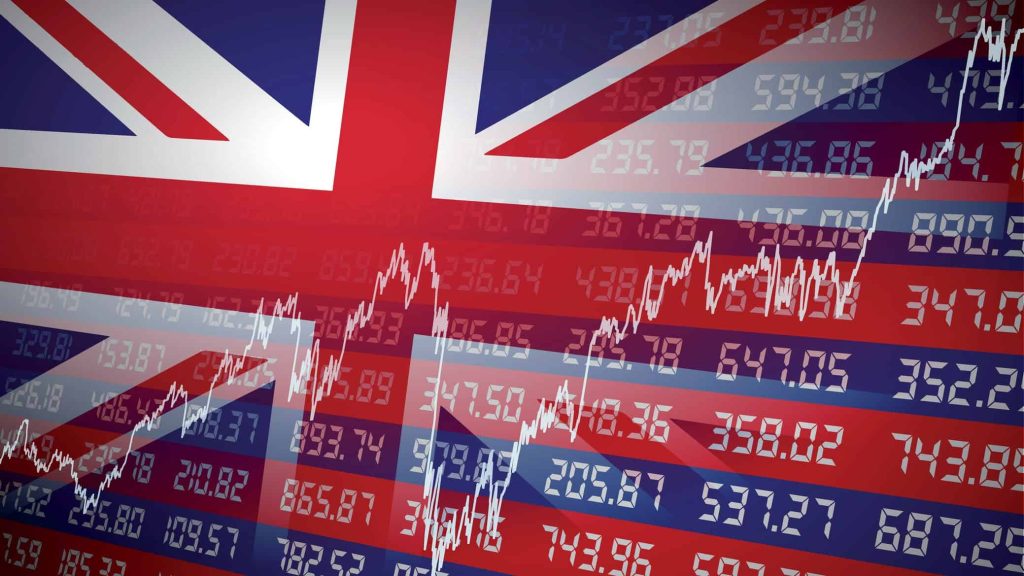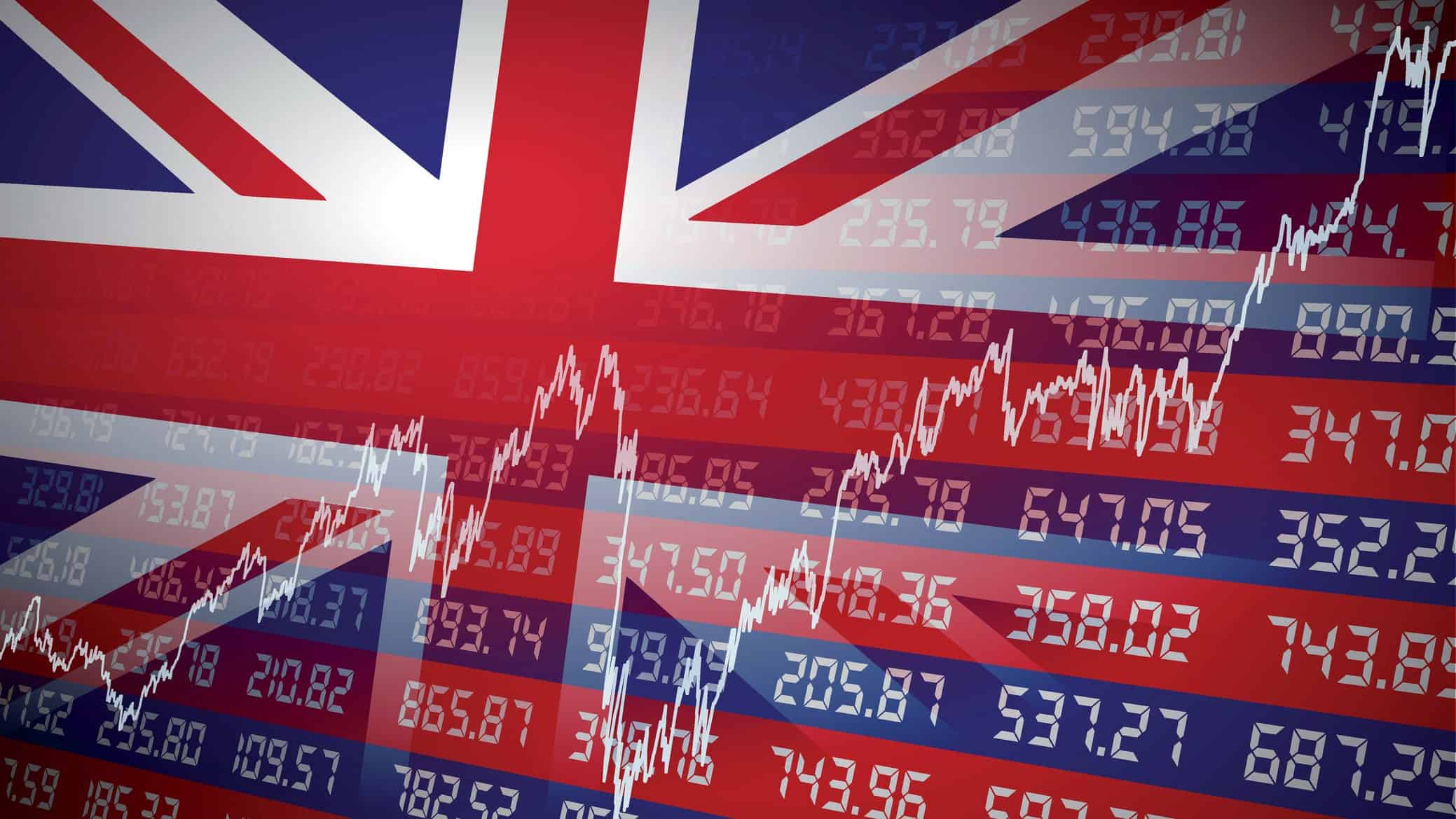£1,000 invested in a FTSE 100 index tracker 5 years ago is now worth…


How much is a £1,000 investment in a fund that looks to track the FTSE 100 index from five years ago worth today? The strange answer is: it depends.
The index as a whole is up 58% since October 2020. But investors who bought shares in FTSE 100 exchange-traded funds (ETFs) could have less than this â or a lot more.
Whatâs going on?
Vanguard â an investment firm that provides financial products â has more than one FTSE 100 ETF. One of them is up 88% in the last five years, while the other one is up just under 56%.
Thatâs a big difference, but thereâs a very simple explanation for this and itâs not even to do with one being better than the other. It comes down to dividends and what they do with them.
One fund distributes the dividends it receives to investors as cash and the other reinvests them. Unsurprisingly, the one thatâs up more is the one that retains the cash it receives.
Which oneâs better though, might vary from one investor to another. Someone looking for passive income might prefer a distributing ETF while growth investors might favour accumulation.
Index composition
The FTSE 100âs a pretty diverse group of businesses. Theyâre all above a certain size and all listed in the UK, but they donât have a huge amount in common beyond that.
While Rightmoveâs largely focused on the UK, Experian generates most of its sales in the US. And where BP benefits from higher oil prices, this results in higher costs for the likes of easyJet.
The individual businesses that make up the index naturally have different capital allocation strategies. Some return cash to investors and others look to use it for future growth.
Compared to the S&P 500, the balance of the FTSE 100 is tilted more towards dividends. But thatâs not to say the UK index doesnât have names that growth investors should be interested in.
Growth investors take noteâ¦
Halmaâs (LSE:HLMA) a terrific example. Itâs a collection of businesses focused on life-saving technologies and a great illustration of how steady long-term growth can generate huge returns.
Over the last 10 years, revenues have grown at an average of 14.5% a year and earnings per share have almost tripled. Thatâs due to the companyâs growth strategy, which has two parts to it.
The first involves acquiring businesses that have strong competitive positions in relatively small markets. This can be risky, especially as Halma gets bigger, but the second part helps mitigate this.
That second part involves integrating new subsidiaries into its existing network. This creates new avenues for growth and helps bring down costs, while also reducing the danger of overpaying.Â
UK growth
The difference between a distributing FTSE 100 ETF and an accumulating one shows how far the index is focused on dividends. But it also has some outstanding growth stocks.
Halmaâs just one. Its ability to create growth opportunities for the businesses it acquires doesnât entirely eliminate the risk inherent in buying them, but it does help the overall equation.Â
The stockâs up almost 400% in the last 10 years. But I still think itâs a name that investors looking to build long-term wealth should have on their radars.
The post £1,000 invested in a FTSE 100 index tracker 5 years ago is now worth… appeared first on The Motley Fool UK.
Should you invest £1,000 in Halma plc right now?
When investing expert Mark Rogers has a stock tip, it can pay to listen. After all, the flagship Motley Fool Share Advisor newsletter he has run for nearly a decade has provided thousands of paying members with top stock recommendations from the UK and US markets.
And right now, Mark thinks there are 6 standout stocks that investors should consider buying. Want to see if Halma plc made the list?
More reading
- 3 red-hot FTSE stocks Iâd consider buying in a heartbeat in the next stock market crash
- These 2 dividend stocks have increased their annual income payments for multiple decades
Stephen Wright has no position in any of the shares mentioned. The Motley Fool UK has recommended Experian Plc, Halma Plc, and Rightmove Plc. Views expressed on the companies mentioned in this article are those of the writer and therefore may differ from the official recommendations we make in our subscription services such as Share Advisor, Hidden Winners and Pro. Here at The Motley Fool we believe that considering a diverse range of insights makes us better investors.





